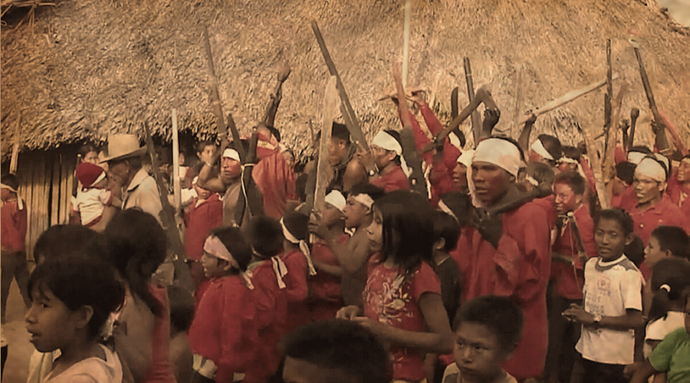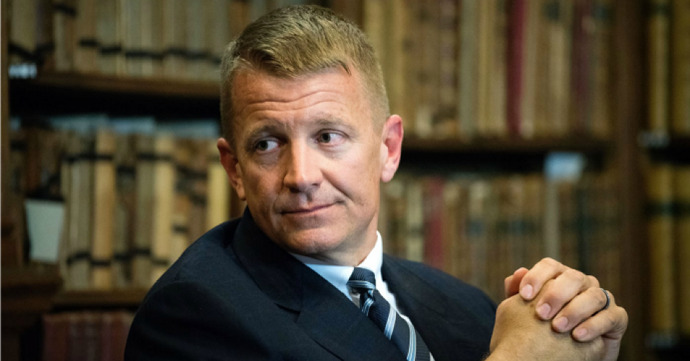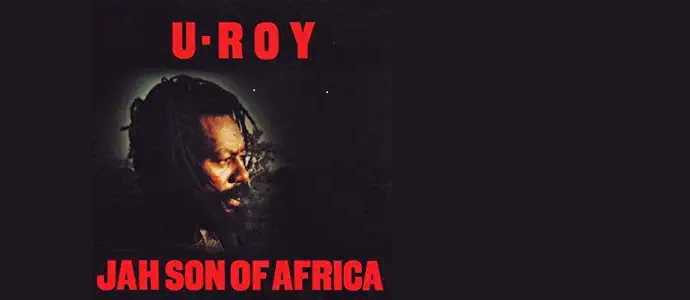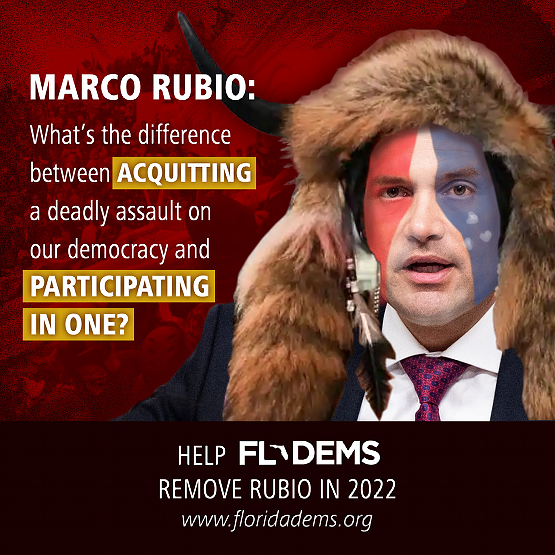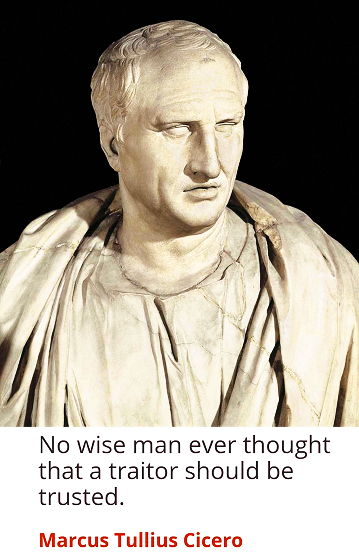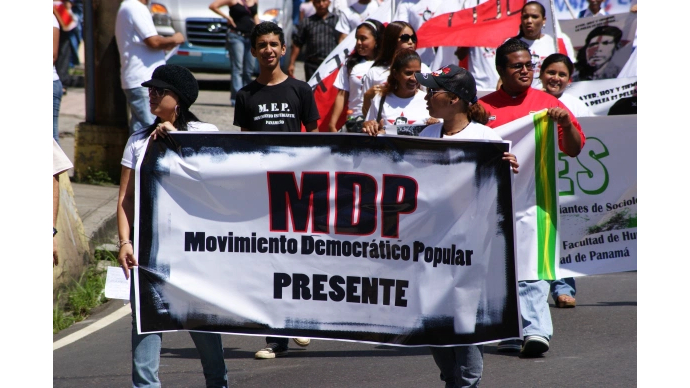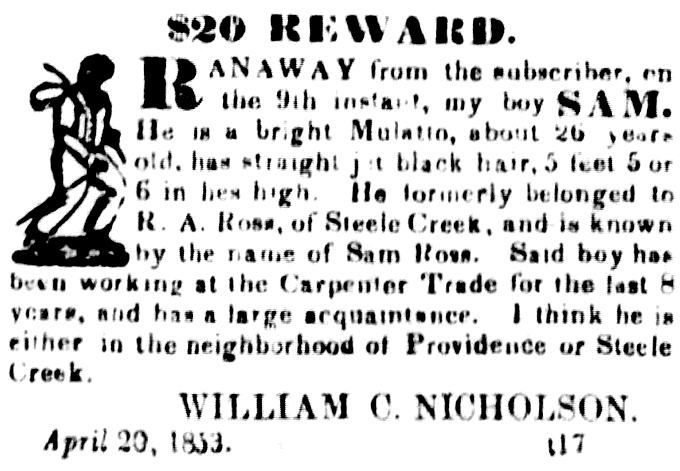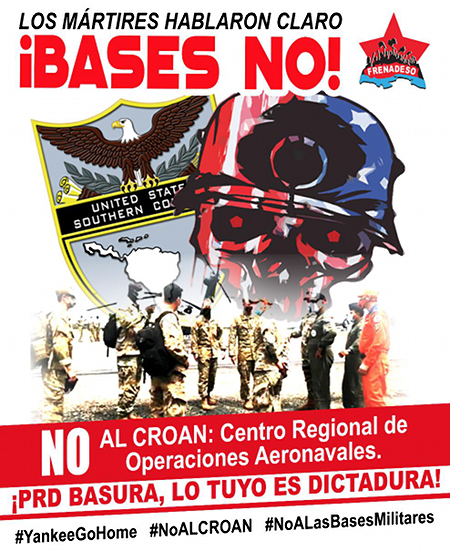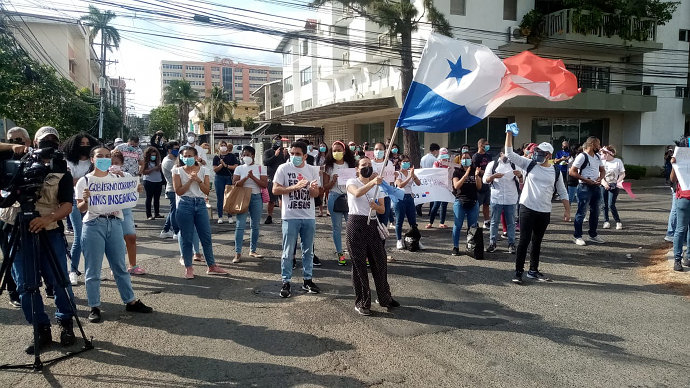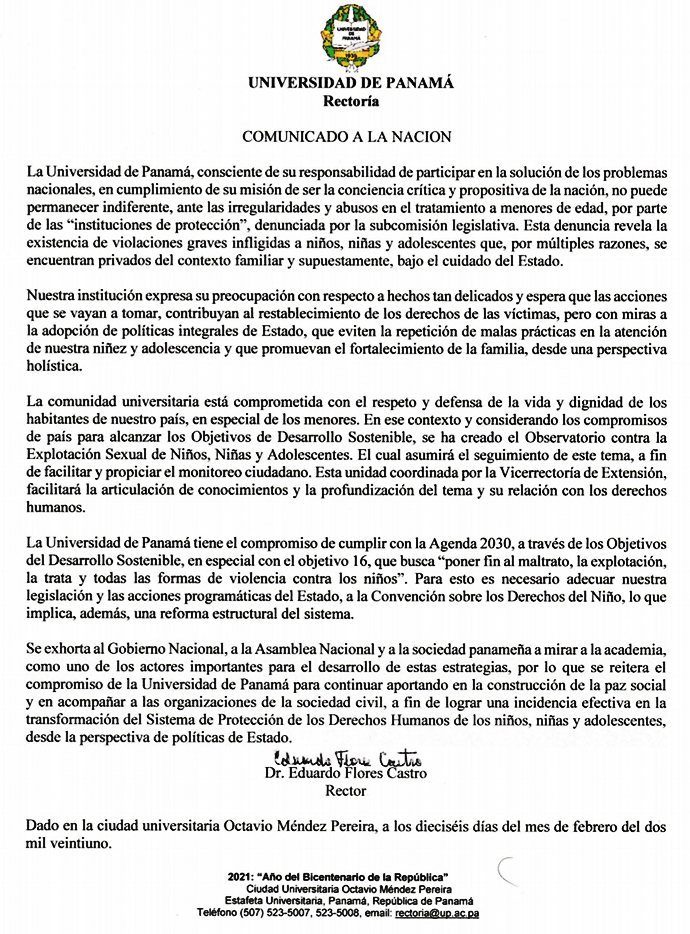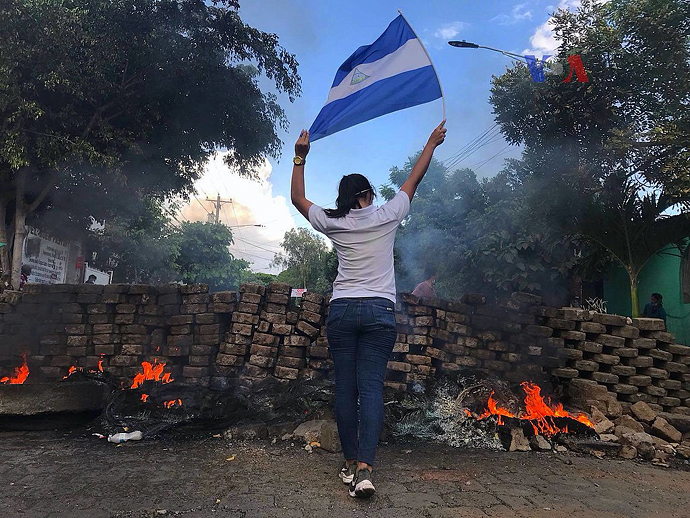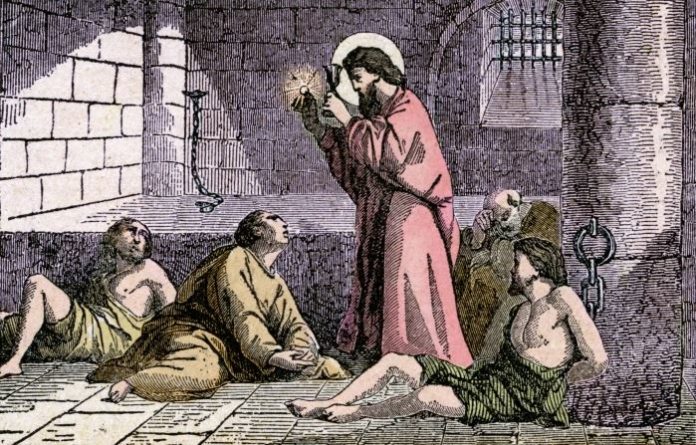Conmemoración de la Revolución Dule del 25 de febrero de 1925.
La nación guna y la independencia
por Olmedo Beluche
La revista colombiana Historia 2.0, Año VI, No. 12, junio – diciembre de 2016, publicó un interesante artículo del investigador independiente Luis Carlos Arenas, sobre la participación de los gunas en la independencia de Colombia y Panamá. El artículo aborda la relación entablada entre altos oficiales del ejército libertador, por encargo del propio Simón Bolívar, los cuales establecieron comunicaciones y acuerdos con las autoridades gunas para que colaboraran en un ataque al Istmo de Panamá cuando todavía estaba en manos de las fuerzas realistas españolas.
El artículo del profesor Arenas se titula “La nación cuna y la independencia de Colombia y Panamá (1819-1821)”. Es interesante que el autor escribe “cunas”, manteniendo la forma en que se nombraba a este pueblo en aquella época, y no “kunas” como fue la tradición durante el siglo XX en la lengua “ladino panameña”, como diría el maestro Turpana. El sociólogo y especialista en Educación Intercultural Bilingüe, Artinelio Hernández me recuerda que desde la vigencia de la Ley 88 de 22 de noviembre de 2010, la forma correcta de denominación es “guna”, con “g”, y que la “k” ni siquiera existe en Dulegaya .
La periodización del artículo aborda el hecho de que la relación entre los libertadores y los gunas se produjo entre la victoria de la Batalla de Boyacá (9 de agosto de 1819) y el año de 1821 cuando se concreta la independencia en todo el virreinato de la Nueva Granada, particularmente Panamá.
Según el pie de página, el profesor Arenas, que es abogado de profesión, ha publicado otro estudio sobre los gunas titulado “An overview on the Relocation of Guna Indigenous Communities in Gunayala, Panamá”, también del años 2016.
Según el artículo que estamos analizando, concretada la Batalla de Boyacá que liberó a la Nueva Granada del domino español se pensó en un taque sobre Panamá que seguía en poder de los realistas. Bolívar había pensado que podía hacerse por tres flancos, por el Caribe y el Pacífico, con ayuda de corsarios ingleses y franceses; y por el Darién para lo cual se necesitaba el apoyo de la nación guna.
El análisis de los hechos está basado en una serie en informes y cartas cruzadas entre José María Córdova, libertador de Antioquia y su primer gobernador; Simón Bolívar y Francisco de Paula Santander, presidente y vicepresidente de la república de Colombia; el capitán Juan M. Gómez; el coronel José M. Cancino, primer gobernador del Chocó; y de este último con oficiales a su mando que realizaron actividades en torno a esta misión.
Los documentos principales son 5 cartas que giró Cancino al vicepresidente Santander, informando de los avances en las tratativas con los gunas, escritas entre 1819 y julio de 1820. En ellas se aprecia el entusiasmo que Cancino puso para lograr un acuerdo con los gunas, cuya concreción se logró a mediados de 1820 con una reunión en la que participó el principal cacique, Cuitama (según las cartas), Cuipama (según Sosa y Arce, en su “Compendio…”).
Cuitama habría pedido una explicación de por qué los insurgentes combatían a los españoles, la cual habría obtenido de Cancino. Este último ofreció un pacto de “nación amiga” a los gunas; y, Cuitama habría explicado que era factible el ataque a Panamá por Darién y ofrecido hasta mil hombres para combatir. A cambio pedía comercio con los dos productos fundamentales de los gunas: carey y cacao. Sobre esos términos se formalizó el pacto, a cambio de lo cual Cancico entregó como simbología del mismo la bandera colombiana, uniformes y rangos.
Sin embargo, no está claro que se concretara el involucramiento de los gunas en la guerra de independencia. Al menos el ataque planeado no se efectuó porque finalmente Panamá concretó su independencia en noviembre de 1821.
Tal vez influyó el hecho de que se evidencia en las cartas de Francisco de P. Santander el desprecio por cualquier acuerdo con naciones originarias y la ironía con que informaba al Libertador respecto de las actividades de Cancino. Al final este oficial es enviado a combatir al sur, y es reemplazado por José Concha como gobernador del Chocó, el cual no parece haber continuado con esta relación.
Al final del artículo del profesor Luis Carlos Arenas se aborda el asunto desde la perspectiva de los gunas. Al respecto se establece que:
-
Los gunas odiaban a los españoles, entre otras cosas porque en 1804 había sido asesinado un cacique para robarle el carey que comerciaba. Aunque se dice que el robo lo perpetraron cimarrones, el hecho de que nadie fuera detenido, llevó a la ruptura del pacto de paz de 1787.
-
Para los gunas el reconocimiento de “nación amiga” era muy importante.
-
La simbología de la entrega de los uniformes, rangos y bandera implicaban un pacto bilateral y reconocimiento mutuo.
Arenas señala que en el imaginario guna existía el nombre de Bolívar, aunque no estuviera muy claro lo que su figura histórica implicaba. Recoge testimonios del geógrafo George L. De Puydt, de 1865, quien reporta que el nombre del Libertador aparecía en los cantos sagrados, y que conoció a un nonagenario guna de nombre Pascual que aseveraba haber luchado junto a Bolívar.
Arenas dice también que el antropólogo Henry Wassen, en 1935, describiendo sus conversaciones con Nele Kantule, éste le informaba que tuvo 6 maestros, uno de los cuales le enseñó acerca de la independencia y de Simón Bolívar.
Consultado el autor vía electrónica, me aclara:
“El hecho es que en la memoria oral de los Gunas se habla de Bolívar y de un reconocimiento territorial. Rubén Pérez Kantule especuló que dicho reconocimiento se dio en 1845. Con mi artículo yo planteo la hipótesis de que la relación con el ejército de Bolívar, y posiblemente el reconocimiento territorial, fue en este periodo 1819-1821, aunque falta encontrar la documentación que pruebe la parte territorial. Sobre lo que no hay duda es que posteriormente, en 1871, hubo un reconocimiento por parte del gobierno de Colombia de la llamada comarca “Tulenega”, sobre el cual el profesor Bernal Castillo, de la Universidad de Panamá, escribió su tesis de maestría. Sin embargo, en mi artículo no lo menciono porque esa es otra historia”.
Para quienes deseen consultar este artículo directamente, éste y otros trabajados del autor se encuentran disponibles en: https://independent.academia.edu/LuisCarlosArenas12
Contact us by email at / Contáctanos por correo electrónico a fund4thepanamanews@gmail.com
To fend off hackers, organized trolls and other online vandalism, our website comments feature is switched off. Instead, come to our Facebook page to join in the discussion.
Para defendernos de los piratas informáticos, los trolls organizados y otros actos de vandalismo en línea, la función de comentarios de nuestro sitio web está desactivada. En cambio, ven a nuestra página de Facebook para unirte a la discusión.

